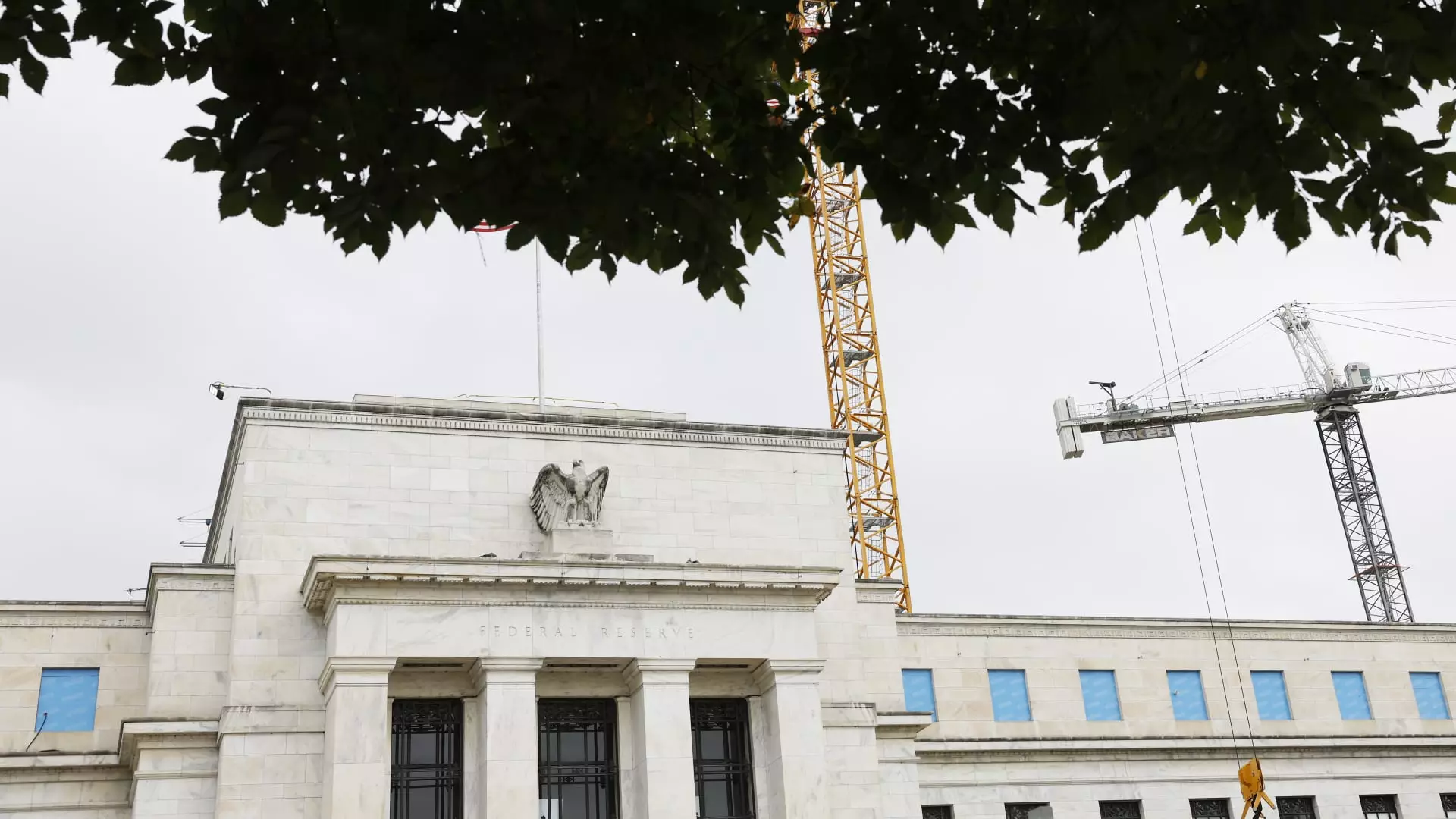Elon Musk, a figure known for his unyielding approach towards innovation in technology, recently turned his gaze towards a phenomenon that plagues government agencies—wasteful expenditure. His parting shot before the dissolution of his Department of Government Efficiency advisory board involved a critical examination of the Federal Reserve’s $2.5 billion renovation project. Musk’s incredulity is palpable as he probes, “What exactly justifies this staggering amount for what can only be seen as extensive redecorating?” This query resonates with many who have long been frustrated by the seeming opacity surrounding government budgets.
Given the escalating costs, which swelled from an initial estimate of $1.9 billion due to supply chain issues and shifting design demands, it is clear that fiscal mismanagement, if not actually present, is at least suspected. The stated intentions behind the renovation—modernization, energy efficiency, and compliance with building regulations—sound admirable on paper. However, when juxtaposed against the figure at stake, the sincerity of these objectives becomes questionable. If efficiency was genuinely the end goal, could a comparable renovation not be achieved at significantly reduced costs?
Taxpayer Money and Accountability
Government operates in a unique financial arena; the Federal Reserve is notably distinct due to its funding mechanism that relies on interest earned from its vast portfolio rather than direct taxpayer contributions. Despite this subtility, Musk’s appeal to scrutinize such vast expenditures reflects a broader sentiment of trepidation regarding public accountability. It raises an essential question: Shouldn’t there be rigorous oversight on how funds—regardless of their source—are spent when they ultimately translate into the public’s financial ecosystem?
Musk’s assertion that the Federal Reserve should defend its spending by providing concrete justifications—perhaps even visual representations of what $2.5 billion can yield—is more than mere flippancy. It embodies a call to arms for taxpayers who deserve transparency in an age where governmental financial practices often seem bewilderingly extravagant. His comparison of this expenditure to potential lifestyle advancements raises pressing concerns about priorities in governance. As Musk provocatively remarks, “Can we see pictures of what you get for that?”—he invites the public to demand clarity rather than accept vague assurances.
The Broader Implications of Fiscal Responsibility
This isn’t merely about a single renovation project; it’s representative of a systemic issue afflicting many public sectors. Musk’s audit of the Federal Reserve symbolizes a perfect storm where innovation meets government inefficiency. The ethos of fiscal responsibility, or lack thereof, could either sow seeds of trust among the populace or deepen the rift between citizens and the government institutions designed to serve them.
As political discourse grows increasingly polarized, the potential for reform intersects with the need for centrist voices that advocate for transparency and accountability. The question looms larger than just a $2.5 billion renovation; it beckons society towards an ever-important reality check in examining how public funds are utilized. In the world of ever-rising costs, perhaps the most pressing need of all is for government agencies to genuinely champion not just efficiency, but a culture of fiscal prudence and integrity that resonates well beyond a new coat of paint.

